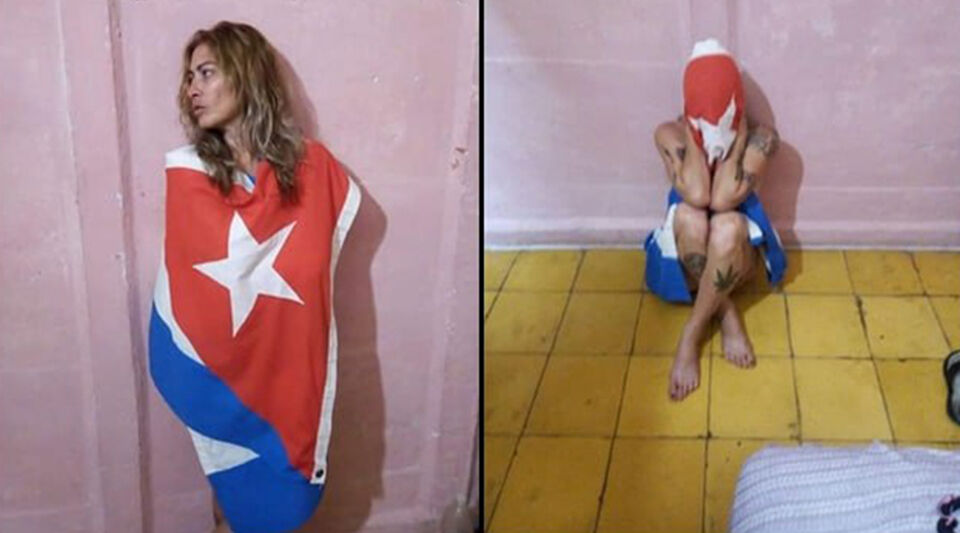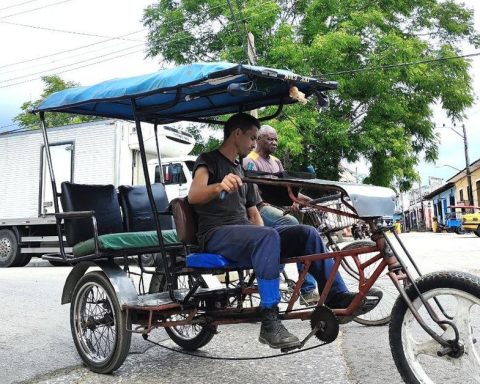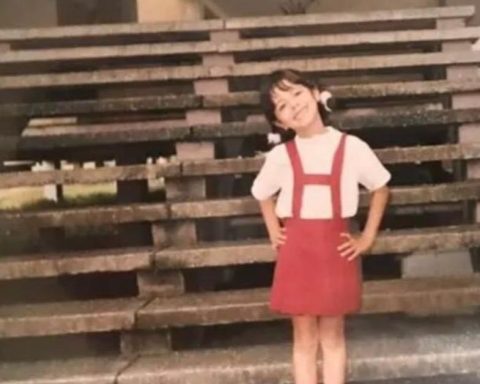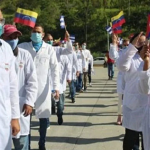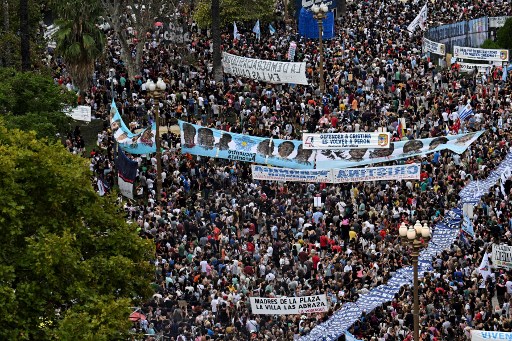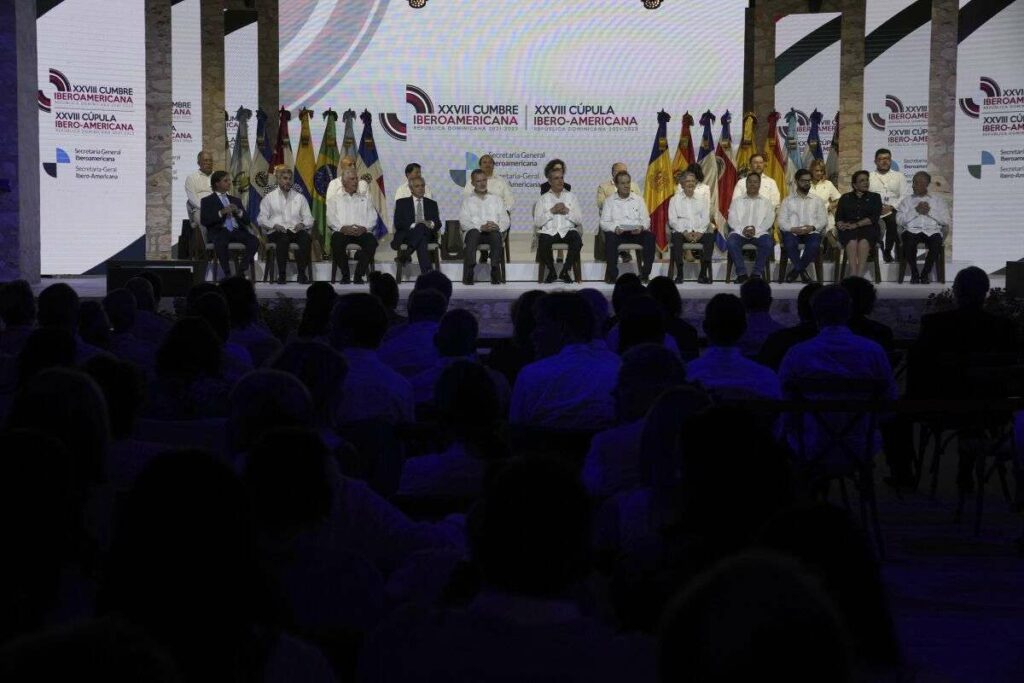The activist Aniette González was arrested this Thursday in Camagüey after publishing her photographs during a performance with the Cuban flag. She was accused of “insulting the patriotic symbols”, she was transferred to Villa María Luisa, the headquarters of State Security in the province, according to several users.
The news spread after the profile of Facebook Mambisa Agramontina demanded the freedom of González and gave an account of the facts. “Enough of the repression, down with the dictatorship,” she wrote.
The publication was also taken up by the journalist José Raúl Gallego, who recalled that the cells of Villa María Luisa are used by the Police to torture the opposition and assured that González “is in danger” every second that he remains in the cell. “Anything that happens to Aniette in there is the responsibility of the State Security officials,” tweeted.
González’s last activity on social networks was precisely on March 23, when he shared a video of the user Guillermo Sierra Conde, who denounces the authorities for the arrest and torture of his brother, to whom he attributes psychological problems.
González joined the campaign The flag belongs to everyonein solidarity with the artist Luis Manuel Otero Alcántara, imprisoned in the maximum security prison of Guanajay (Artemisa), for the crimes of insulting the symbols of the country, contempt and public disorder.
The publication was also taken up by the journalist José Raúl Gallego, who recalled that the cells of Villa María Luisa are used by the Police to torture the opposition
The artist made the work in 2019 drapeau, using the flag as a claim that it is a symbol of the Cuban population. The regime immediately arrested him and, after several complaints from human rights defenders, he was released, but the harassment did not stop. On July 11, 2021, he was arrested before being able to join the protests that took place that day throughout the Island, although it was not until June 2022 that the Popular Municipal Court of Centro Habana sentenced him to five years imprisonment. jail.
The number of political prisoners and prisoners of conscience remains high in Cuba. The organization Prisoners Defenders (PD) reports that, until the end of last February, 1,066 Cubans were detainedamong which there are 34 minors -the minimum criminal age is 16-, who are being prosecuted or have been convicted of the crime of sedition with a sentence of five years in prison.
The organization, based in Madrid, quantifies that 116 women (including several of the transgender gender) suffer political and conscience condemnations. According to the report, 210 prisoners are protesters accused of sedition and 208 have been sentenced to an average of 10 years in prison.
________________________
Collaborate with our work:
The team of 14ymedio He is committed to doing serious journalism that reflects the reality of deep Cuba. Thank you for accompanying us on this long road. We invite you to continue supporting us, but this time making you a member of our newspaper. Together we can continue transforming journalism in Cuba.
